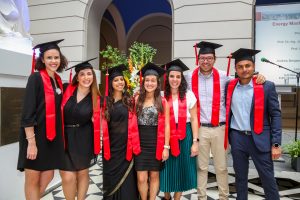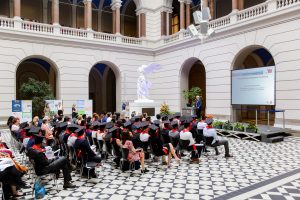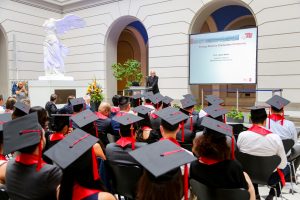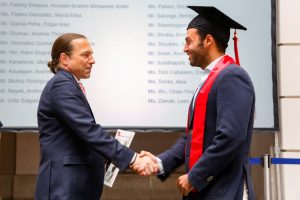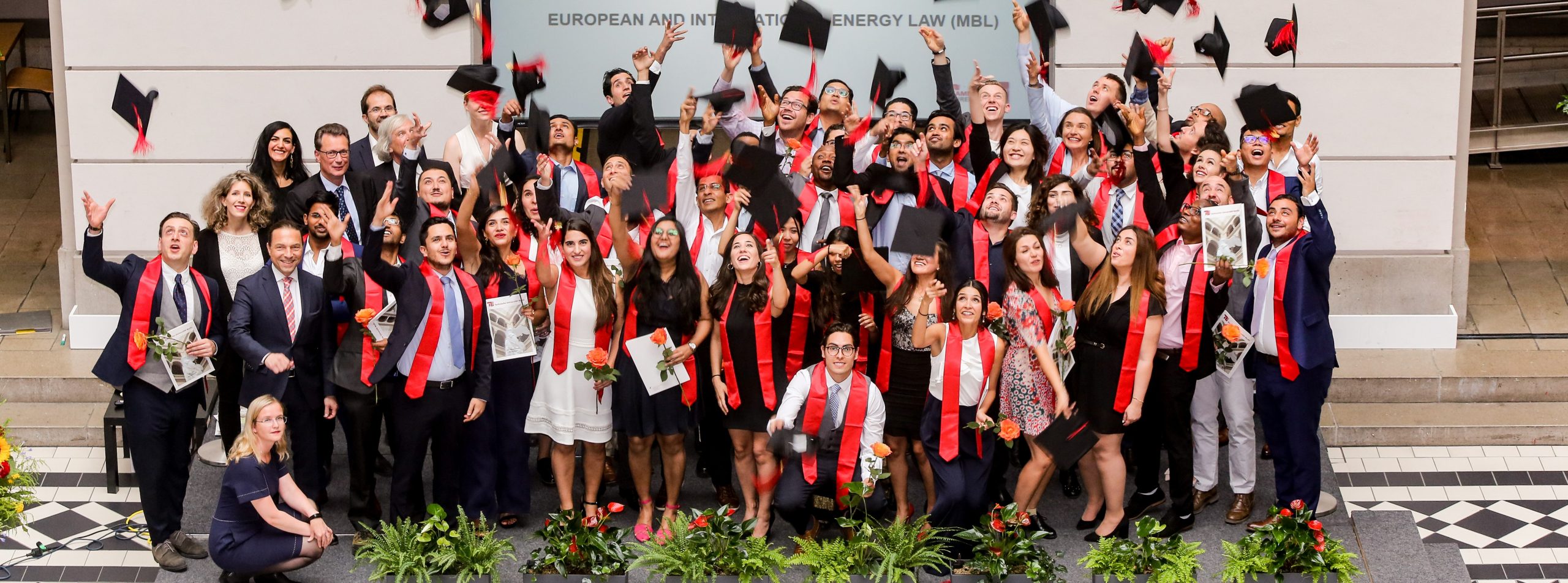
Schedule 2023/2024
Curriculum 2023/2024
Information Brochure
Information Flyer
Study, Examination Regulations / Application and Admission Regulations, German (Valid for intakes after October 2019)
Study, Examination Regulations / Application and Admission Regulations, English (Valid for intakes after October 2019, translation, German version binding)
General Study and Examination Regulations of Technische Universität Berlin of 9 September 2020 (German Version)
General Study and Examination Regulations of Technische Universität Berlin of 9 September 2020 (English Translation)
European and International Energy Law MBL
paused for 2024 and 2025
The MBL Energy program was offered for a total of 10 years (2014-2024) by TU Berlin on its EUREF campus and is on of our four energy master’s programs alongside the MBA programs in Energy Management, Buildings and Sustainability and Sustainable Mobility and Management.
The course offers lawyers, legal practitioners and economists an excellent opportunity to gain expertise in the field of international and European energy law. Students will become acquainted with the technical and economic foundations of energy markets as well as all areas of law relevant for the value chains in the electricity and gas sector. The curriculum covers competition law, regulatory law and economic fundamentals inter alia.
Now in its 7th year, the MBL Energy program is offered by the TU Berlin at its EUREF Campus. MBL Energy Law is one of four Energy Masters programs offered by the TU Berlin, along with our MBA programs in Energy Management, Building and Sustainability and Sustainable Mobility and Management. As one of these four Energy Masters programs, the MBL Energy Law program offers our students the ability to connect not only with one another, but also with those from the other programs here at the EUREF Campus to network and develop relationships with other students in the energy field. The course offers lawyers, legal practitioners and economists an excellent opportunity to gain expertise in the field of international and European energy law. Students will become acquainted with the technical and economic foundations of energy markets as well as all areas of law relevant for the value chains in the electricity and gas sector. The curriculum covers competition law, regulatory law and economic fundamentals inter alia.
A unique aspect of the MBL Energy Law is the various lecturers who come from around the world to teach in the program. Our lecturers have diverse backgrounds, much like our students, and range from lawyers at law firms in Germany, to regulators at national and European regulatory authorities, to policymakers in the European Commission and professors of energy law at universities. Each lecturer offers their expertise to our students, providing them with a comprehensive understanding of their specialisation in the energy law field, as well as offering practical advice of their experiences in working in the sector.
The Academic Director is Professor Dr. iur. Dr. rer. pol. Dres. h.c. Franz Jürgen Säcker, editor and author of leading publications in the field of energy law and Editor of the Berlin Commentary on Energy Law (“Berliner Kommentar zum Energierecht”).
Since we are now looking for a new Academic Director, the application process is paused for 2024 and 2025.
MBL Energy Law
As a result of market liberalization and the growing impact of climate change, the energy sector is changing rapidly. Although the EU presents the prototypical example of this change, similar developments can be found in other regions around the world. The energy transition and the need to decarbonise affects many different areas of law such as state aid and renewable energy development, emission trading schemes, grid regulation and digitalization in the energy sector. But in order to understand the legal framework behind the energy sector also requires an understanding of the technical and economic foundations underlying it. Energy law is therefore a truly an area encompassing many different disciplines, welcoming input from those from various backgrounds.
Our specialised MBL Energy programme presents the main principles of energy market liberalization while also assessing the legal developments from decarbonisation of the energy sector and the rapid growth of renewable energy. We provide lawyers, economists, engineers and other professionals an excellent understanding of the complexities and intersections of energy sector, with a specific on the legal frameworks which underly it. This select programme gives up to 30 students a distinctive profile and qualifies them for leading positions in the rapidly-growing energy sector.
Course Structure
The Master program is taught over a period of two semesters. Studies are stretched over six modules taught consecutively through the course of the academic year. The curriculum covers all areas of the value chains in the electricity and gas sectors. Students will examine the European legal framework from upstream generation right down to the supply of energy to households and businesses, including transmission and distribution. The program will assess the salient aspects of EU competition law, regulatory law as well as providing a deep understanding of the technical and economic fundamentals of energy and network regulation. The program will also cover aspects of international law, such as investment and trade law, climate law as well as gaining an understanding of energy regulation in other energy markets such as Norway, Russia and the United States.
As well as the many lectures and tutorials at the EUREF Campus, regular excursions are built into our program’s schedule. Since we believe a hands-on experience strengthens the learning process and prepares students for their future employment, students will visit different sites such as the largest electricity stock exchange in continental Europe, the EEX in Leipzig, the energy intensive undertaking AURUBIS in Hamburg, the PV manufacturer ALEO Solar in Prenzlau, the Vattenfall’s CHP plant in Berlin or the network operator 50Hertz in Berlin.
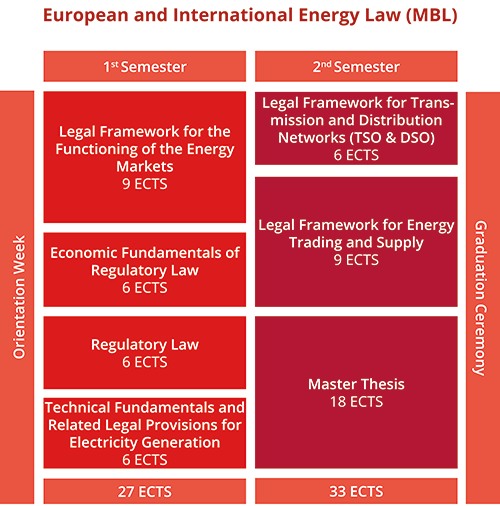
Module Description
1. Legal Framework for the Functioning of the Energy Markets
 Module 1 is designed to provide an introduction to the structure and methodology of European and international energy law. Students will be equipped with the necessary understanding of European and international law and learn about the fundamental principles that influence the development and application of energy law in Europe and beyond. The module will assess the EU’s Single Market as a prerequisite for a well-functioning energy market, providing an in-depth look at the application of competition and state aid law, while also looking at international dimensions, such as dispute resolution and international energy investment law.
Module 1 is designed to provide an introduction to the structure and methodology of European and international energy law. Students will be equipped with the necessary understanding of European and international law and learn about the fundamental principles that influence the development and application of energy law in Europe and beyond. The module will assess the EU’s Single Market as a prerequisite for a well-functioning energy market, providing an in-depth look at the application of competition and state aid law, while also looking at international dimensions, such as dispute resolution and international energy investment law.
2. Economic Fundamentals of Regulatory Law
 Module 2 provides a general introduction to economics and the theoretical foundations of regulatory law, specifically tailored to the needs of energy law students. The module covers fundamental concepts such as the regulation of natural monopolies, while also exploring the challenges in the regulation of energy storage, as well as production, transmission and supply.
Module 2 provides a general introduction to economics and the theoretical foundations of regulatory law, specifically tailored to the needs of energy law students. The module covers fundamental concepts such as the regulation of natural monopolies, while also exploring the challenges in the regulation of energy storage, as well as production, transmission and supply.
3. Regulatory Law
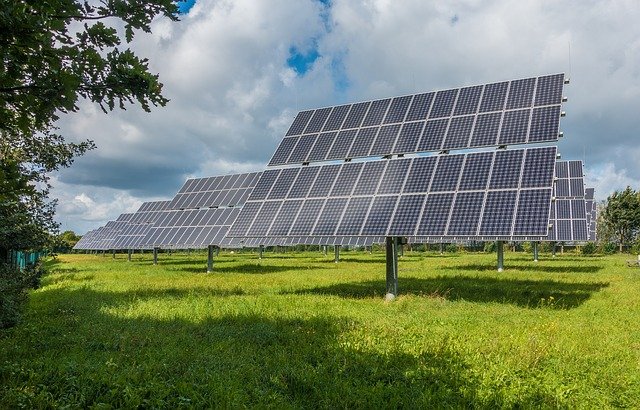 Module 3 covers regulatory and competition law in the EU and its Member States, with a particular focus on the liberalisation of energy markets. In addition, energy market regulation is compared with that of other jurisdictions who maintain close ties with the EU, such as Norway, Russia, Switzerland and the United States. The module will explore the core concepts of energy market liberalisation such as third-party access, price regulation and unbundling.
Module 3 covers regulatory and competition law in the EU and its Member States, with a particular focus on the liberalisation of energy markets. In addition, energy market regulation is compared with that of other jurisdictions who maintain close ties with the EU, such as Norway, Russia, Switzerland and the United States. The module will explore the core concepts of energy market liberalisation such as third-party access, price regulation and unbundling.
4. Technical Fundamentals and Related Legal Provisions for Electricity Generation
 Module 4 focuses on the impact of law on the energy transition, beginning with an introduction to the technical and economic background of electricity generation, acquainting students with technologies such as carbon capture and cogeneration, including planning and permitting procedures, environmental law issues and legal tools to facilitate the development of renewable energy. In addition, the module will explore the impact of climate change and the law from an international and European perspective, covering aspects such as emissions trading and the impact of climate change agreements on the energy sector.
Module 4 focuses on the impact of law on the energy transition, beginning with an introduction to the technical and economic background of electricity generation, acquainting students with technologies such as carbon capture and cogeneration, including planning and permitting procedures, environmental law issues and legal tools to facilitate the development of renewable energy. In addition, the module will explore the impact of climate change and the law from an international and European perspective, covering aspects such as emissions trading and the impact of climate change agreements on the energy sector.
5. Legal Framework for Transmission and Distribution Networks (TSO & DSO)
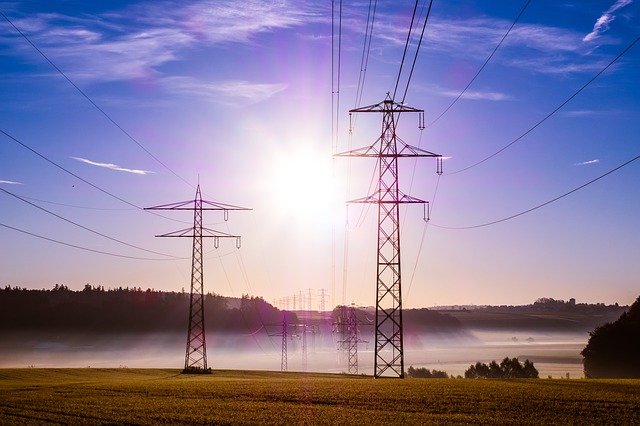 Module 5 asssesses the specific regulation of energy networks and infrastructure development, particularly transmission and distribution networks. The impact of energy market liberalisation will be assessed, particularly the impact on energy networks, as well as current developments such as market coupling, sectoral integration and the legal issues in the development of energy production offshore.
Module 5 asssesses the specific regulation of energy networks and infrastructure development, particularly transmission and distribution networks. The impact of energy market liberalisation will be assessed, particularly the impact on energy networks, as well as current developments such as market coupling, sectoral integration and the legal issues in the development of energy production offshore.
6. Legal Framework for Energy Trading and Supply
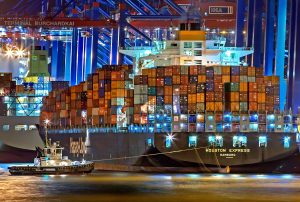 Module 6 provides an insight to energy trade and supply, providing an insight into how the trade of different forms of energy occurs in markets and the formation of trade and supply contracts. In practical exercises, you will become acquainted with different types of energy products and explore how to negotiate and draft electricity and gas supply contracts. Finally, the module will assess the importance of geopolitics and international law in international energy markets and the supply of energy.
Module 6 provides an insight to energy trade and supply, providing an insight into how the trade of different forms of energy occurs in markets and the formation of trade and supply contracts. In practical exercises, you will become acquainted with different types of energy products and explore how to negotiate and draft electricity and gas supply contracts. Finally, the module will assess the importance of geopolitics and international law in international energy markets and the supply of energy.
Lecturers
A unique aspect of the MBL Energy Law is the various lecturers who come from around the world to teach in the program. Our lecturers have diverse backgrounds, much like our students, and range from lawyers at law firms in Germany, to regulators at national and European regulatory authorities, to policymakers in the European Commission and professors of energy law at universities. Each lecturer offers their expertise to our students, providing them with a comprehensive understanding of their specialisation in the energy law field, as well as offering practical advice of their experiences in working in the sector.
To name a few:


Dirk Böhler is a lawyer specialised in energy and environmental law. As an in-house counsel at German gas transmission system operator (TSO) GRTgaz Deutschland, he advises on all matters subject to European and national energy regulation, including unbundling, capacity allocation and sector coupling. He is an expert for emission trading and handles relevant obligations under the European and national systems and he publishes on energy and environmental law issues in recognised law journals regularly.
Dirk Böhler is admitted to the Bar in Germany (Rechtsanwalt). He studied law at the Julius-Maximilians-Universität in Würzburg and holds a Master of Laws degree (LL.M.) on Environmental Law and Policy from the University of Newcastle, UK. In 2014 he gained a doctorate degree (PhD) from his Alma Mater in Würzurg.

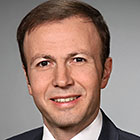




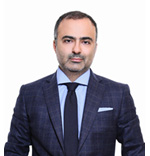





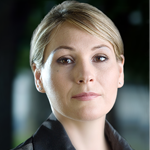
Advantages & Opportunities
TU Berlin

As part of Technische Universität Berlin (TU Berlin), the MBL Energy Law offers students the unique opportunity of obtaining a legal specialisation in energy law in a multidisciplinary environment. With more than 30,000 students, the internationally renowned TU Berlin is one of the largest universities in Germany with a focus on technology and innovation. The TU Berlin is a member of the TU9 Association, an alliance of the nine leading technical universities in Germany. Encompassing a range of over 100 graduate and postgraduate programs, the TU Berlin uniquely links the natural and technical sciences with economics, social sciences and law.
Committed to the principles of excellence and quality, the TU Berlin offers outstanding performance in research and teaching and excellent skills for the students. Technical University of Berlin is consistently ranked among the top academic institutions in the world. Notable alumni include Carl Bosch, Gustav Hertz, and many other noble prize winners and entrepreneurs.
Course Structure
The MBL Energy Law is designed for working professionals and the course structure also caters to those who continue to work in part-time or full-time employment throughout the academic year. Lectures take place on Thursdays and Fridays (with rare exceptions) while additional Tutorials are offered on Tuesdays or Wednesdays.
Students who wish to continue working while participating in the program are especially welcome and our team do our utmost to accomodate those who wish to combine a busy work schedule with their master studies.
Accreditation
Part of sustainability is quality management. Quality should not be left to chance, but be the result of a continuous improvement process. The TU Berlin changed its quality focus from the quality assurance of individual study programs to the evaluation of the university as a system. The TU Berlin has designed its quality assurance procedures in such a way that the participating actors can develop themselves in a responsible manner and in dialogue with each other. System accreditation leads to the accreditation of all study programs offered by a university.
“The subject of system accreditation is the internal quality assurance system of a university in the field of study and teaching. The structures and processes relevant for teaching and studies are examined to ensure that they achieve the achievement of the qualification objectives and the high quality of the courses, whereby the requirements of the Conference of Ministers of Education (KMK) are the European Standards and Guidelines for Quality Assurance in Higher Education (ESG). and the criteria of the Accreditation Council apply.
A positive system accreditation certifies the university that its quality assurance system in the field of study and teaching is suitable for ensuring the achievement of the qualification objectives and the quality standards of their degree programs. Degree programs that are set up according to the specifications of the accredited system or have already been subject to internal quality assurance according to the specifications of the accredited system are thus accredited.” (Own translation after German Accreditation Council of 20/02/2013.)
Currently the final phase of the accreditation process has started and receiving the label of the system accreditation by the end of 2019 is possible. Please visit the webpage Central Evaluation and Accreditation Agency ZEvA for more information.
Excursions
Regular excursions to relevant institutions and infrastructure operators are tightly built into the programme’s schedule. We believe hands-on experience strengthens the learning process and prepares students for their future employments Students will visit the largest electricity stock exchange in continental Europe, the EEX in Leipzig, the energy intensive undertaking AURUBIS in Hamburg, the photovoltaics manufacturer ALEO Solar in Prenzlau, the gas company Gasag in Berlin and the network operators Stromnetz Berlin and 50Hertz in Berlin.
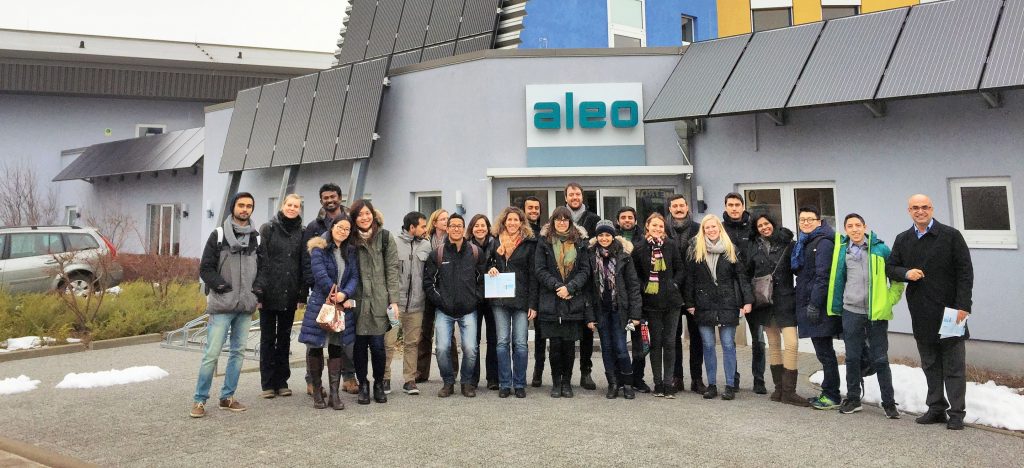
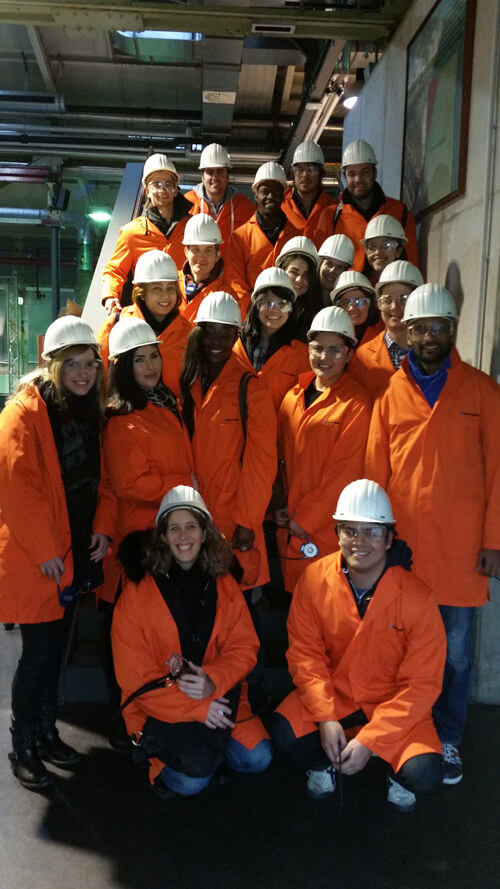
Location
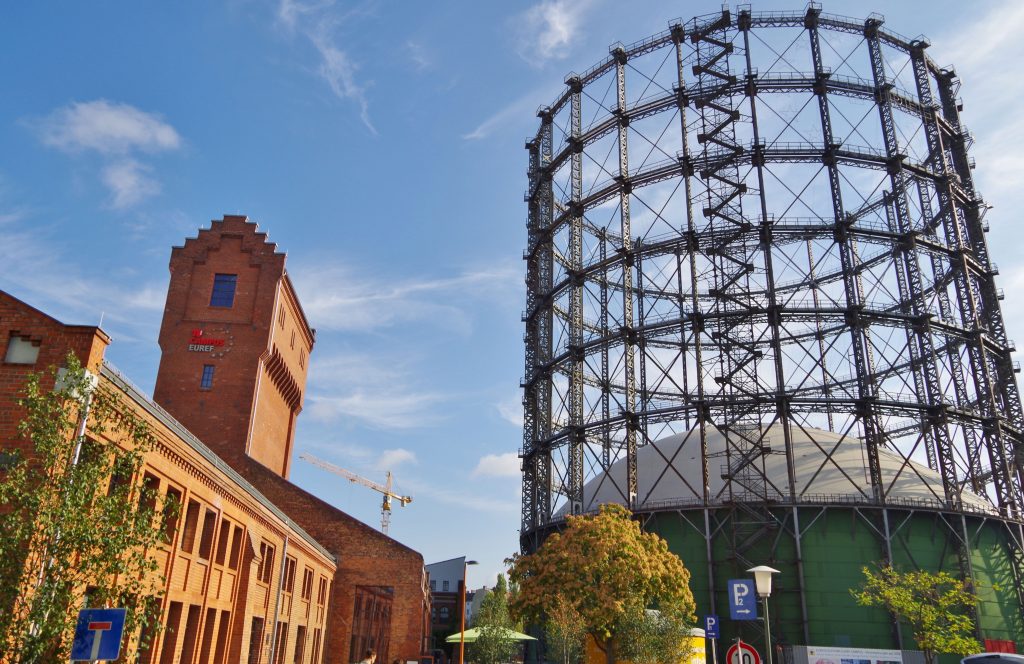 The EUREF-Campus on the historical site of Berlin’s old Gasometer in Berlin-Schöneberg offers unique and attractive conditions. Students as the future energy experts learn in close cooperation with leading enterprises and institutions located on the EUREF-Campus to become acquainted also with innovative projects in energy sector.
The EUREF-Campus on the historical site of Berlin’s old Gasometer in Berlin-Schöneberg offers unique and attractive conditions. Students as the future energy experts learn in close cooperation with leading enterprises and institutions located on the EUREF-Campus to become acquainted also with innovative projects in energy sector.
Tuition Fees
The tuition fee for the master program is 11,200 Euro (5,600 Euro per semester) plus the regular TU administration fees of currently 113.09 Euro per semester. The tuition fees cover all courses and materials. Since October 2023, the regular administration fees no longer include the semester ticket for using public transport in the Berlin city area (tariff zones ABC). Please check the regular administration fees
Scholarships
There are a few ways to (partially) fund your education beside your own personal savings. You could approach your employer, who may sponsor you or design a flexible work arrangement with you such that you can continue earning while studying. There are also part-time job opportunities in Germany, although many of these usually require some degree of German proficiency.
There are also scholarships for which you may apply. Please bear in mind that the application deadlines for many scholarships are quite early, therefore please apply as soon as possible. Below is a non-exhaustive list of scholarship providers and search aggregators. There are many more which you could find, in particular, those from your home country.
The following search engines can help you to find a suitable scholarship:
- International Education Financial Aid
- International Scholarships
- Deutscher Akademischer Austausch Dienst „FindingScholarships“
- Study Portal supported by the European Commission
- StipendienLotse des BMBF
- MyStipendium
- WeMakeScholars
International Scholarship Programs:
German Foundations:
- Heinrich Böll Foundation (information sheet)
- Heinrich J. Klein Foundation
- Konrad Adenauer Foundation
- Rosa-Luxemburg Foundation
- Katholischer Akademischer Austauschdienst (KAAD)
- Cusanuswerk
- Studienstiftung des Abgeordnetenhauses von Berlin (information sheet)
Other National Scholarship Programs
MENA Region
- Bibliotheka Alexandrina – The website of Bibliotheka Alexandrina lists a number of scholarship providers in the countries of the MENA region.
- Arab Council for the Social Sciences
Egypt
- Global Sustainable Electricity Partnership
- Qalaa Holdings Scholarship Foundation
- Deutscher Akademischer Austausch Dienst (DAAD)
Germany
- Hanns Seidel Foundation
- Bildungskredit vom Bundesverwaltungsamt – BAföG Deutsche Bildung AG (information sheet) Festo-Bildungsfonds
- Studienstiftung des deutschen Volkes
Korea
Team
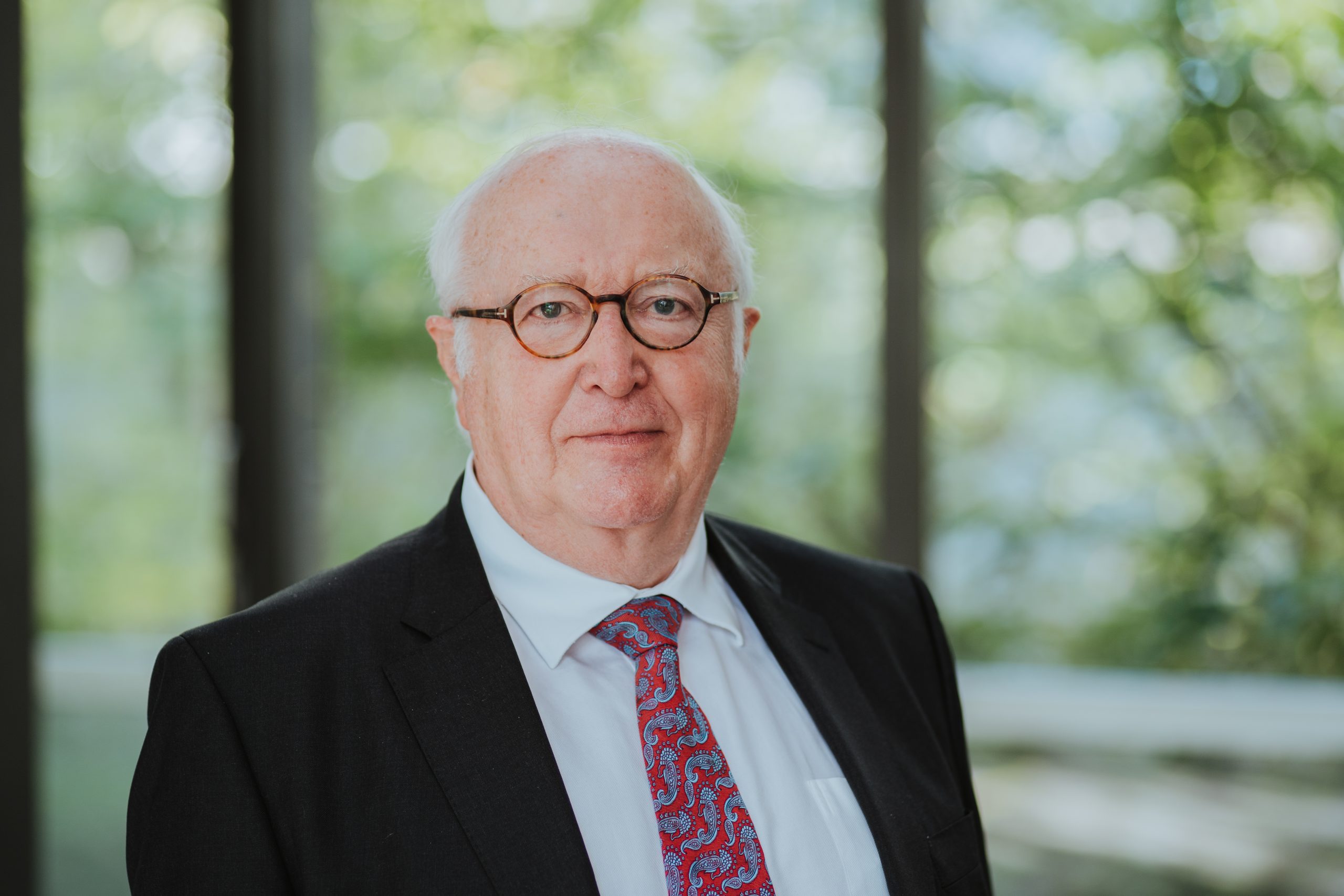
Academic Director

Academic Program Manager
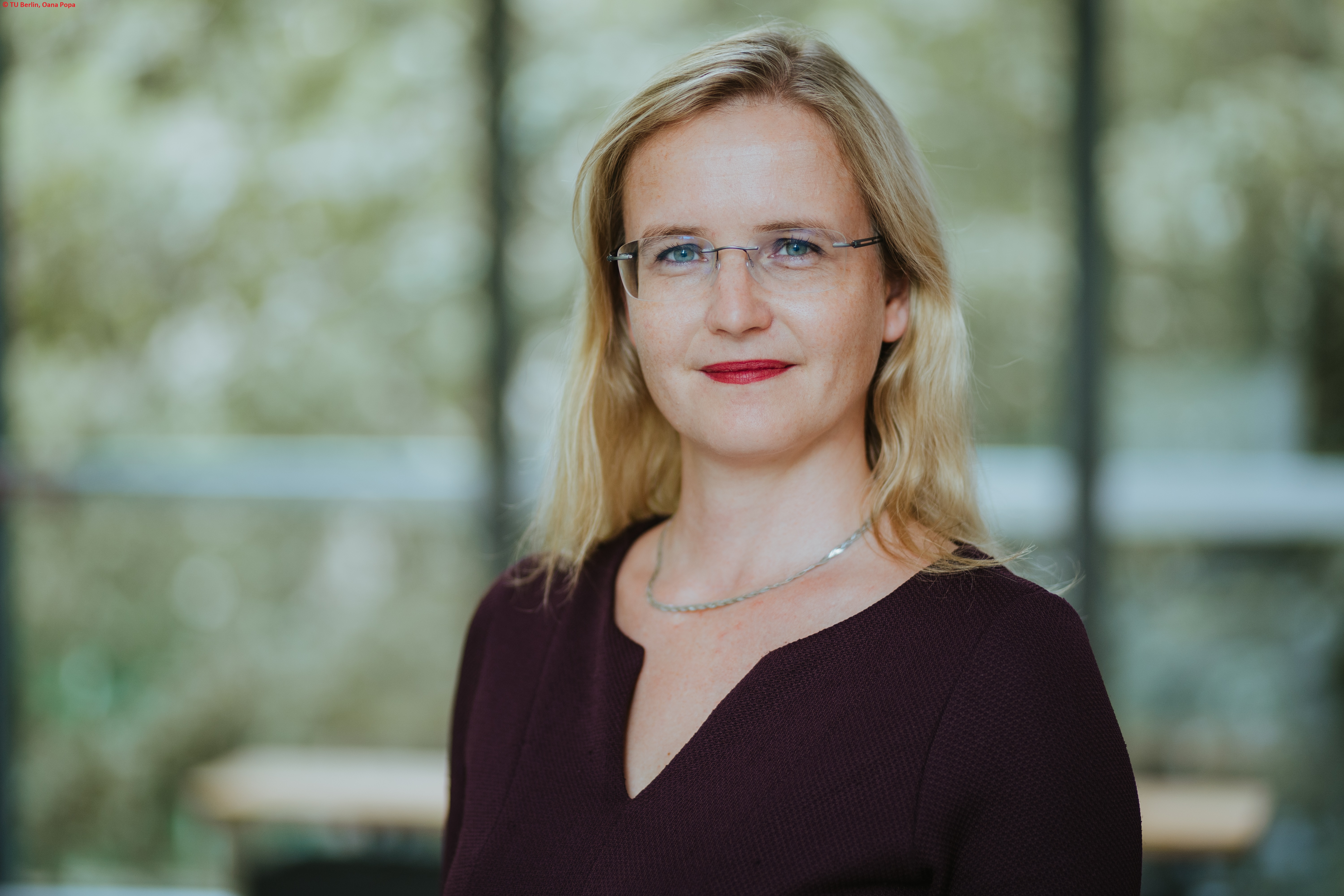
Administrative Manager
Application
The application deadline is April 30th of each year for a start in October of the same year.
The application, selection, and admission process is paused for 2024
Energy law is a highly relevant and rapidly evolving topic today as global focus is on combating climate change, transitioning to renewable energy sources, and ensuring sustainable energy practices.The master’s degree program in European and International Energy Law offered at the TU Berlin deals with the ever-changing field of energy law, delves deeper into current problems, and visits large and small energy companies alike. Since 2021, the curriculum has taken into account the planned framework conditions for the future supply of hydrogen for industry and households. In particular the problems of sufficient production and procurement of “green” hydrogen, as well as the conversion of gas pipelines to hydrogen pipelines, including the supply of conventional gas as a transition strategy, are discussed. The EU program “Fit for 55” will also be presented, which aims to accelerate a CO2-reducing energy supply by 2035. Under the academic direction of Professor Dr. iur. Dr. rer. pol. Dr. h.c. Franz Jürgen Säcker Hon.Ph.D.(PCCC), TU Berlin was able to set up this master’s degree program in 2014 and successfully accredit it in 2022. In the now 10 academic years, lawyers, economists, engineers, and other specialists have been given an excellent understanding of the complexity and interfaces of the energy sector as well as a specific overview of the underlying legal framework. The current cohort (2023/2024) includes 31 students who will now have a distinctive profile and qualify them for management positions in the rapidly growing energy sector. We thank Professor Säcker very much for the long-standing and successful collaboration. However, since he cannot lead the course for another year due to personal reasons and to protect his health, there will be no new Energy Law students in October 2024. The application, selection, and admission process will be paused for one year. We are using the time to develop the degree program further and intend to continue it again with new academic management, probably in 2025.
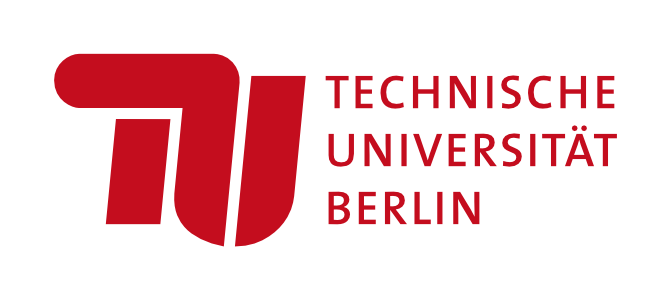
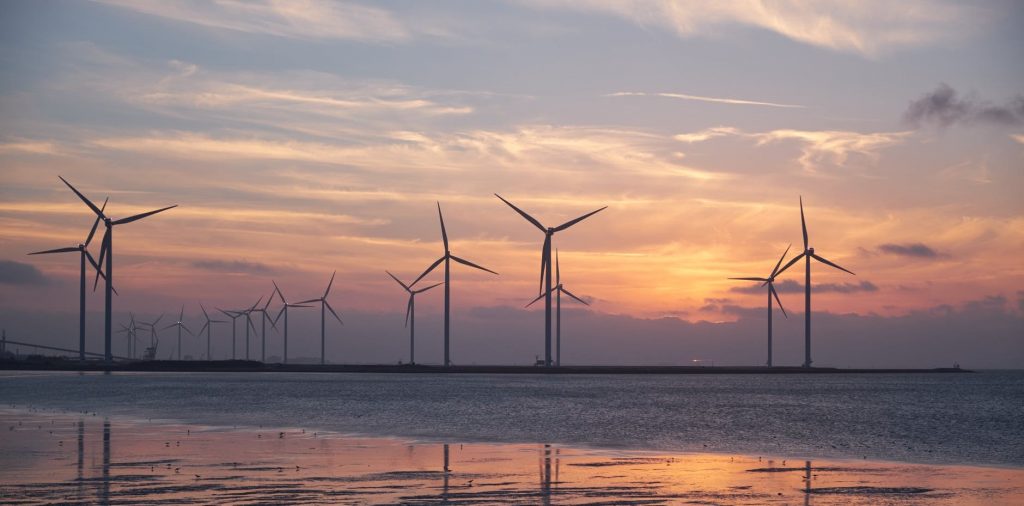

 The MBL in European and International Energy Law at the Euref Campus Berlin was a terrific opportunity to fully untangle the intricacies of the fast-paced changing energy sector.
The MBL in European and International Energy Law at the Euref Campus Berlin was a terrific opportunity to fully untangle the intricacies of the fast-paced changing energy sector.
 Prior to attending TU, I was working in an Oil & Gas Company in Ankara, Turkey. I decided to undertake MBL and choose to study here because of its unique curriculum with technical, economical and legal aspects of energy. The course offers not only theoretical knowledge but also practical information with its excursions. The lecturers have impressive academic and professional experiences. The classes are very interactive and relevant to what is happening globally in the energy industry.
Prior to attending TU, I was working in an Oil & Gas Company in Ankara, Turkey. I decided to undertake MBL and choose to study here because of its unique curriculum with technical, economical and legal aspects of energy. The course offers not only theoretical knowledge but also practical information with its excursions. The lecturers have impressive academic and professional experiences. The classes are very interactive and relevant to what is happening globally in the energy industry.
 The energy sector is a growing and complex area and the European and International Law MBL program at the TU Berlin strives to place energy law in a multidisciplinary and international context. Coming from a legal background, I have enjoyed developing my understanding of the economics of the energy sector. A further strength of the program is its practical focus with many of the lecturers being industry professionals and experts in their respective fields and we have had some interesting excursions to energy companies and energy-efficient power plants. There is a diverse mix of students from around the world with different perspectives on the challenges and opportunities that the energy and renewable sector face.
The energy sector is a growing and complex area and the European and International Law MBL program at the TU Berlin strives to place energy law in a multidisciplinary and international context. Coming from a legal background, I have enjoyed developing my understanding of the economics of the energy sector. A further strength of the program is its practical focus with many of the lecturers being industry professionals and experts in their respective fields and we have had some interesting excursions to energy companies and energy-efficient power plants. There is a diverse mix of students from around the world with different perspectives on the challenges and opportunities that the energy and renewable sector face.
 I chose the master course on European and International Energy Law offered by the Technische Universität Berlin because of its outstanding reputation, highly qualified lecturers, course preference compared to other universities, and proximity to my country, Spain.
I chose the master course on European and International Energy Law offered by the Technische Universität Berlin because of its outstanding reputation, highly qualified lecturers, course preference compared to other universities, and proximity to my country, Spain.
 Wonderful experience during the Energy Law Master program! Challenging topics and interesting lecturers. Meeting people from all over the world! Since February 2019 I am working as a Junior Expert at Bulgaria’s Energy and Water Regulatory Commission and putting into practice most of the experience from the MBL program on European and International Energy Law.
Wonderful experience during the Energy Law Master program! Challenging topics and interesting lecturers. Meeting people from all over the world! Since February 2019 I am working as a Junior Expert at Bulgaria’s Energy and Water Regulatory Commission and putting into practice most of the experience from the MBL program on European and International Energy Law. Before studying the Master in European and International Energy Law I was working in an Oil and Gas company and teaching Law in the same field at a University in Colombia. My motivation to do the Master was widening my expertise to other sources of energy as well as to study the midstream and the downstream market.
Before studying the Master in European and International Energy Law I was working in an Oil and Gas company and teaching Law in the same field at a University in Colombia. My motivation to do the Master was widening my expertise to other sources of energy as well as to study the midstream and the downstream market.
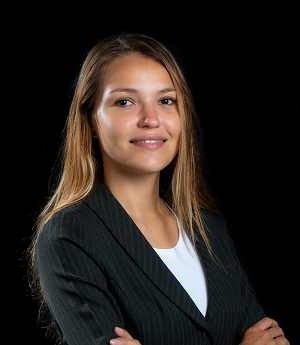 The program helped me gain a deeper understanding regarding the impact the energy transition has on climate change. The modules about the economy, regulatory and competition law allowed me to learn how energy markets behave under certain circumstances, which has helped me understand the different conditions Latin American countries have. This knowledge has been very useful in my role in EY’s Climate Change and Sustainability Services division. The visit to different facilities and the contact to other international students made the experience complete.
The program helped me gain a deeper understanding regarding the impact the energy transition has on climate change. The modules about the economy, regulatory and competition law allowed me to learn how energy markets behave under certain circumstances, which has helped me understand the different conditions Latin American countries have. This knowledge has been very useful in my role in EY’s Climate Change and Sustainability Services division. The visit to different facilities and the contact to other international students made the experience complete.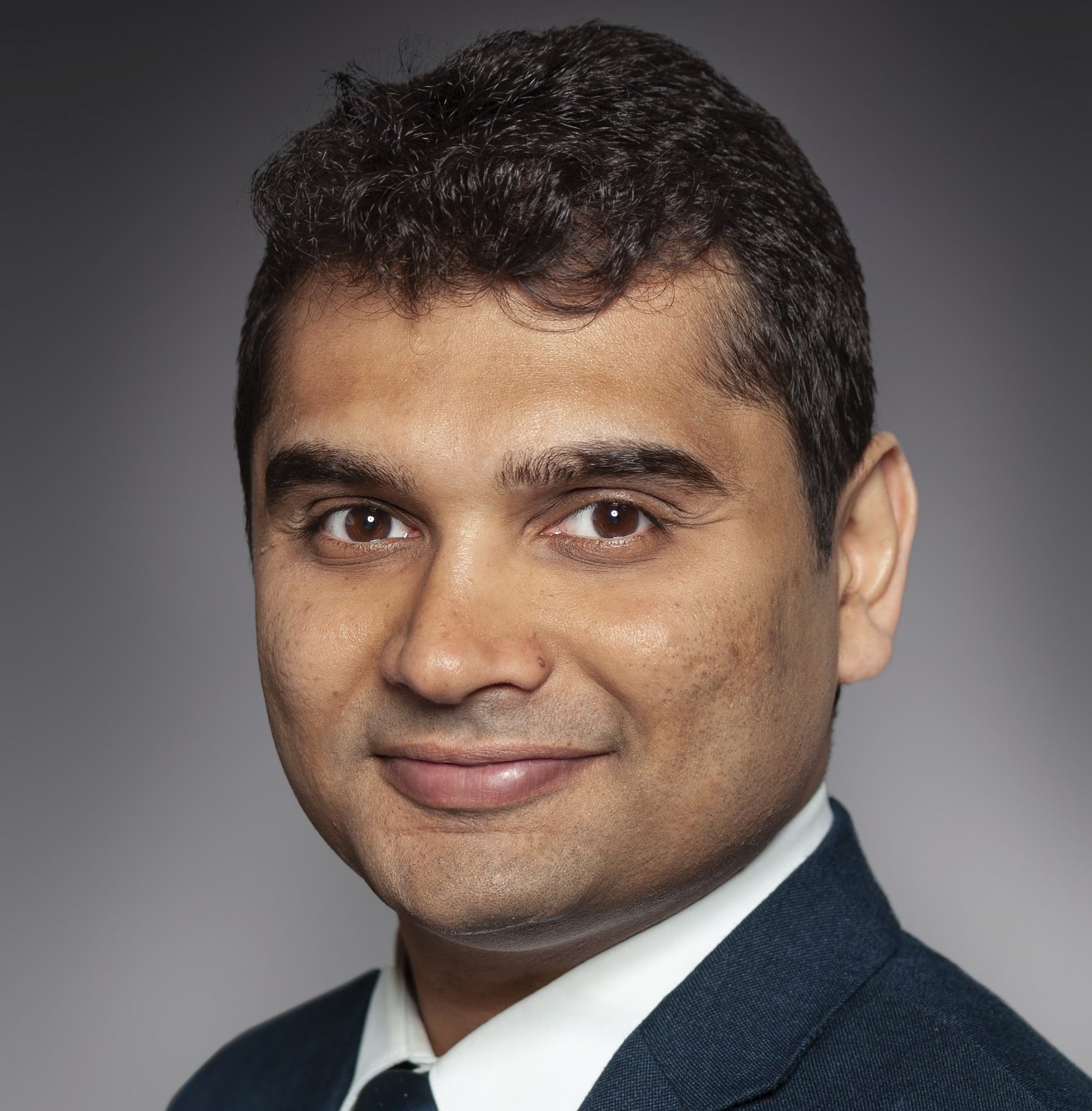 The master’s in building sustainability program at TU Berlin was a great opportunity to work closely with the Germany industry in an academic setting. I loved how the program was designed to let students work in projects with external industry partners. Combined with great professors and teaching staff, the overall learning package let students take control of their learning and dive deep into their interest areas. The program also provided me the flexibility to work at CBRE GmbH throughout the study duration. Having worked in the German real estate sector for a few years now and looking back at the program, it was a great stepping-stone in my career.
The master’s in building sustainability program at TU Berlin was a great opportunity to work closely with the Germany industry in an academic setting. I loved how the program was designed to let students work in projects with external industry partners. Combined with great professors and teaching staff, the overall learning package let students take control of their learning and dive deep into their interest areas. The program also provided me the flexibility to work at CBRE GmbH throughout the study duration. Having worked in the German real estate sector for a few years now and looking back at the program, it was a great stepping-stone in my career. I studied MBA building sustainability, which give me wide insights to the broad topic of energy transition in building sector from architecture to building facilities and real estate up to urban and regional planning. Having lecturers with different energy related backgrounds builds an ideal atmosphere for cross sectoral discussions in energy and sustainability fields in built environment. Locating in a dynamic environment of the Euref campus in one side, and high range of international students from the other side prepare a proper networking opportunity for the students. Personally innovation and technology management course supported me methodological in approaching my career goals in the area of innovation management and business development for the energy transition.
I studied MBA building sustainability, which give me wide insights to the broad topic of energy transition in building sector from architecture to building facilities and real estate up to urban and regional planning. Having lecturers with different energy related backgrounds builds an ideal atmosphere for cross sectoral discussions in energy and sustainability fields in built environment. Locating in a dynamic environment of the Euref campus in one side, and high range of international students from the other side prepare a proper networking opportunity for the students. Personally innovation and technology management course supported me methodological in approaching my career goals in the area of innovation management and business development for the energy transition. 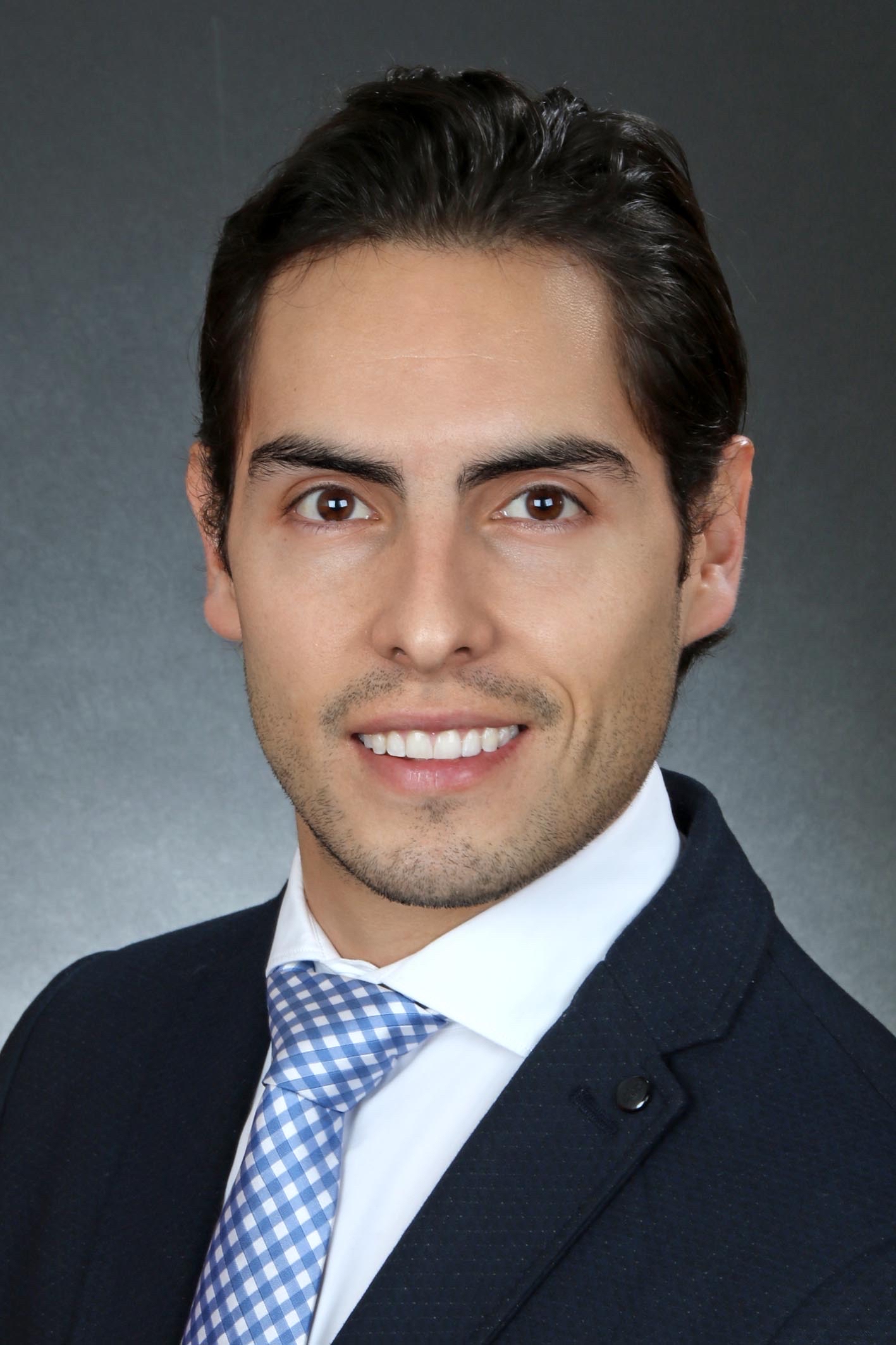 The Building Sustainability program opened my eyes to the different aspects that comprise what we call sustainability. As an architect, I found the perfect added value I was looking for. The master’s degree gives you the tools to technically support construction projects from an economic, social and environmental point of view.
The Building Sustainability program opened my eyes to the different aspects that comprise what we call sustainability. As an architect, I found the perfect added value I was looking for. The master’s degree gives you the tools to technically support construction projects from an economic, social and environmental point of view. I have always been passionate about architecture and resource efficiency, how to help the world in the fight against climate change. There master in Building sustainability allowed me to learn from A-class experts, in what might be one the most innovative and inspiring campuses around the world, the EUREF campus.
I have always been passionate about architecture and resource efficiency, how to help the world in the fight against climate change. There master in Building sustainability allowed me to learn from A-class experts, in what might be one the most innovative and inspiring campuses around the world, the EUREF campus. The Master Program Energy Management at TU Berlin has been a truly fantastic 1 ½ year experience. The major strength of the MBA proposed at TU Berlin is the transverse knowledge proposed in the program. Technical issues, economical assessments, and regulatory aspects are all three core elements that are necessary to gain a deep understanding of energy topics in a globalized world and to build a valuable analysis for public and private energy projects. I particularly enjoyed studying these topics in an international class with professionals coming from all over the world with different backgrounds and points of view. Our differences challenged us on a daily basis and participated to enlarge our comprehension of the world. For all these reasons, I am pleased to enthusiastically recommend this program!
The Master Program Energy Management at TU Berlin has been a truly fantastic 1 ½ year experience. The major strength of the MBA proposed at TU Berlin is the transverse knowledge proposed in the program. Technical issues, economical assessments, and regulatory aspects are all three core elements that are necessary to gain a deep understanding of energy topics in a globalized world and to build a valuable analysis for public and private energy projects. I particularly enjoyed studying these topics in an international class with professionals coming from all over the world with different backgrounds and points of view. Our differences challenged us on a daily basis and participated to enlarge our comprehension of the world. For all these reasons, I am pleased to enthusiastically recommend this program! Now in this first semester of the Master Program in Energy Management at TU Berlin, I am thrilled and excited to meet and work with people from all around the world with diverse backgrounds in a very friendly and challenging environment. The campus truly has a buzz with many start-ups and established companies experimenting with the latest tech and ideas. The courses are great with excellent internationally recognized professors from academic as well as industrial backgrounds. I thoroughly enjoy the highly interactive sessions, and the supervisors put in a great effort at creating a relaxed environment for the students to get acquainted with all aspects of the subject. I am eagerly looking forward to the next semesters and can highly recommend this program!
Now in this first semester of the Master Program in Energy Management at TU Berlin, I am thrilled and excited to meet and work with people from all around the world with diverse backgrounds in a very friendly and challenging environment. The campus truly has a buzz with many start-ups and established companies experimenting with the latest tech and ideas. The courses are great with excellent internationally recognized professors from academic as well as industrial backgrounds. I thoroughly enjoy the highly interactive sessions, and the supervisors put in a great effort at creating a relaxed environment for the students to get acquainted with all aspects of the subject. I am eagerly looking forward to the next semesters and can highly recommend this program!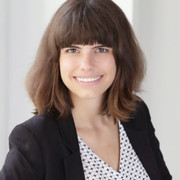 The MBA program Energy Management is very well structured and thought through. Professors and lecturers come from various energy backgrounds and are highly involved academically, politically and economically into Germany´s Energiewende. I can apply my acquired knowledge directly at my workplace but also actively engage in the large and inspiring energy scene in Berlin and Germany. Excursions give us insights regarding relevant market players and opportunities to connect with future employers. It is particularly inspiring to study with such an international student crowd since we can share and critically discuss our diverse knowledge and experiences in the energy field from many different regions in the world.
The MBA program Energy Management is very well structured and thought through. Professors and lecturers come from various energy backgrounds and are highly involved academically, politically and economically into Germany´s Energiewende. I can apply my acquired knowledge directly at my workplace but also actively engage in the large and inspiring energy scene in Berlin and Germany. Excursions give us insights regarding relevant market players and opportunities to connect with future employers. It is particularly inspiring to study with such an international student crowd since we can share and critically discuss our diverse knowledge and experiences in the energy field from many different regions in the world.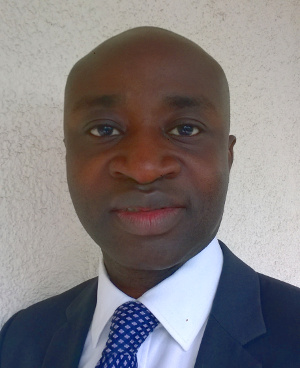 The broadness of its carefully selected content makes this program perfect for student’s career growth into global business leadership and policymaking in the energy sector. It is truly multicultural and provides additional opportunities through close collaboration with both transnational and startup energy companies. Technical University Berlin is a world-class scientific academic environment, allowing interdisciplinary initiatives, encouraging teamwork with experts’ supervision, offering frequent and relevant seminars and excursions to boost the practical experience. Students enjoy superb and individual support from both the academic and administrative staff.
The broadness of its carefully selected content makes this program perfect for student’s career growth into global business leadership and policymaking in the energy sector. It is truly multicultural and provides additional opportunities through close collaboration with both transnational and startup energy companies. Technical University Berlin is a world-class scientific academic environment, allowing interdisciplinary initiatives, encouraging teamwork with experts’ supervision, offering frequent and relevant seminars and excursions to boost the practical experience. Students enjoy superb and individual support from both the academic and administrative staff. “Wirklich!!! This is a unique MBA fit for preparing expertise and talents to address current issues relating to efficient and environmentally sustainable mobility provision. If you are looking to be part of the mobility transformation across the globe, then Berlin is the right place to be and the Energy Masters program on Sustainable Mobility Management will be a great platform to realising this goal.”
“Wirklich!!! This is a unique MBA fit for preparing expertise and talents to address current issues relating to efficient and environmentally sustainable mobility provision. If you are looking to be part of the mobility transformation across the globe, then Berlin is the right place to be and the Energy Masters program on Sustainable Mobility Management will be a great platform to realising this goal.”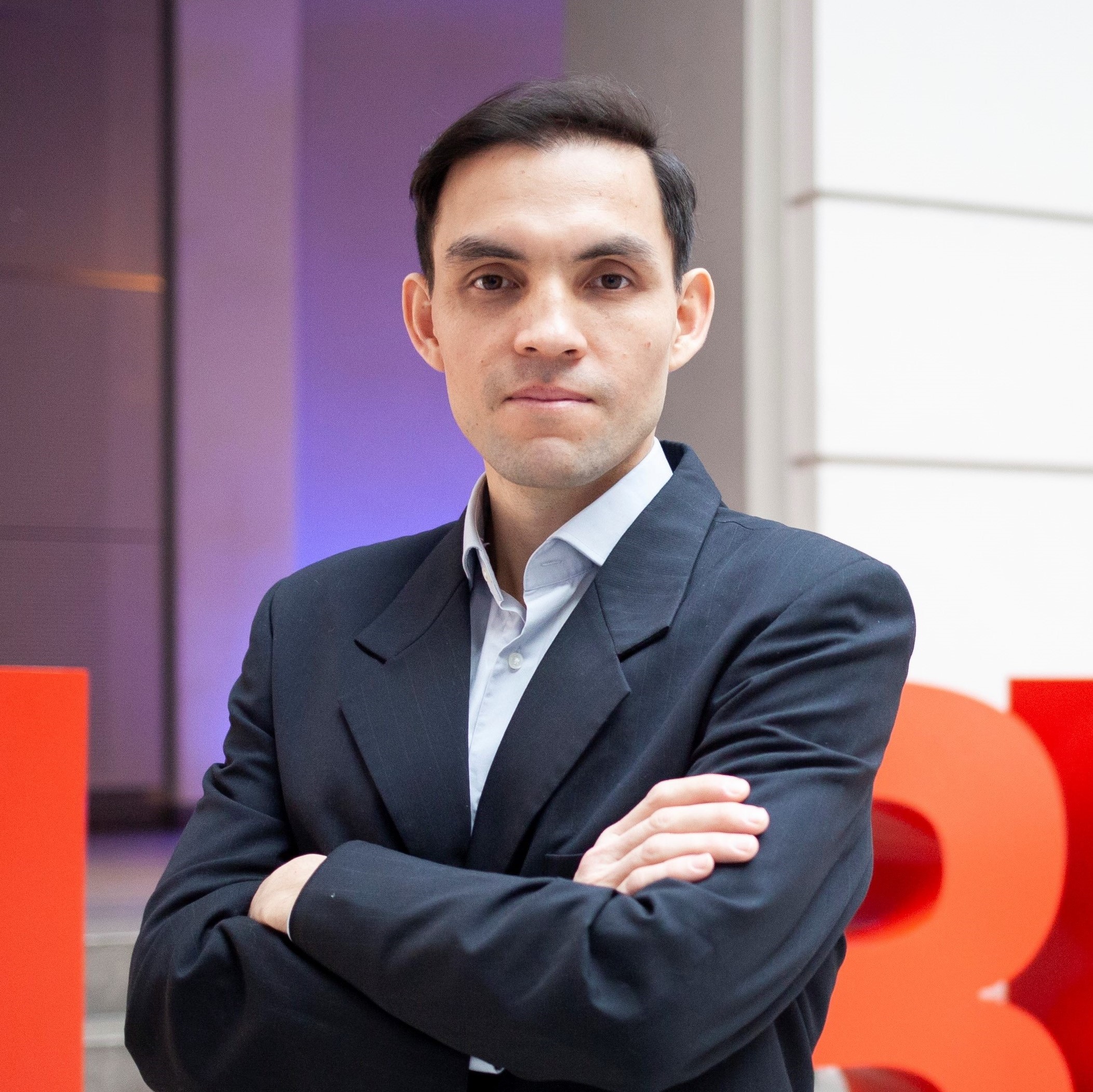

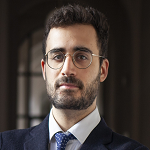 “Very helpful and committed professionals, who make the dense; callous and bureaucratic side of German culture quite a lot lighter.”
“Very helpful and committed professionals, who make the dense; callous and bureaucratic side of German culture quite a lot lighter.”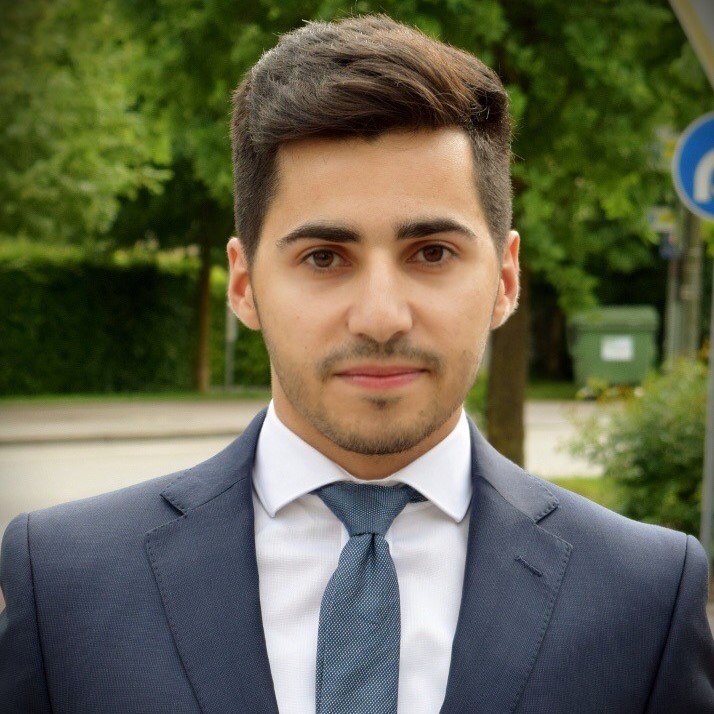 “Berlin is a city out of the ordinary ! The city vibes, diversity, and affordability has a lot to offer to students and caters for everybody’s taste. On top of that, the public transport network gets you everywhere, anytime !”
“Berlin is a city out of the ordinary ! The city vibes, diversity, and affordability has a lot to offer to students and caters for everybody’s taste. On top of that, the public transport network gets you everywhere, anytime !”
 “Studying at the TU EUREF campus open my mind up to thinking in an innovative and entrepreneurial way about sustainable mobility solutions. The most valuable part of the program was the opportunity to make connections with like-minded people with extremely diverse backgrounds, interests and ideas all working towards a common goal of achieving sustainable mobility.”
“Studying at the TU EUREF campus open my mind up to thinking in an innovative and entrepreneurial way about sustainable mobility solutions. The most valuable part of the program was the opportunity to make connections with like-minded people with extremely diverse backgrounds, interests and ideas all working towards a common goal of achieving sustainable mobility.” “This is a unique program blending business management and global technology trends in sustainable mobility domain. The course focuses on practical learning and there is also a student-led Mobility Club on the campus”
“This is a unique program blending business management and global technology trends in sustainable mobility domain. The course focuses on practical learning and there is also a student-led Mobility Club on the campus” “Berlin gathers all mobility problematics of main cities around the world but also is a big lab to observe and learn how the private and public sector manage the future of mobility looking for sustainability in all modes”
“Berlin gathers all mobility problematics of main cities around the world but also is a big lab to observe and learn how the private and public sector manage the future of mobility looking for sustainability in all modes”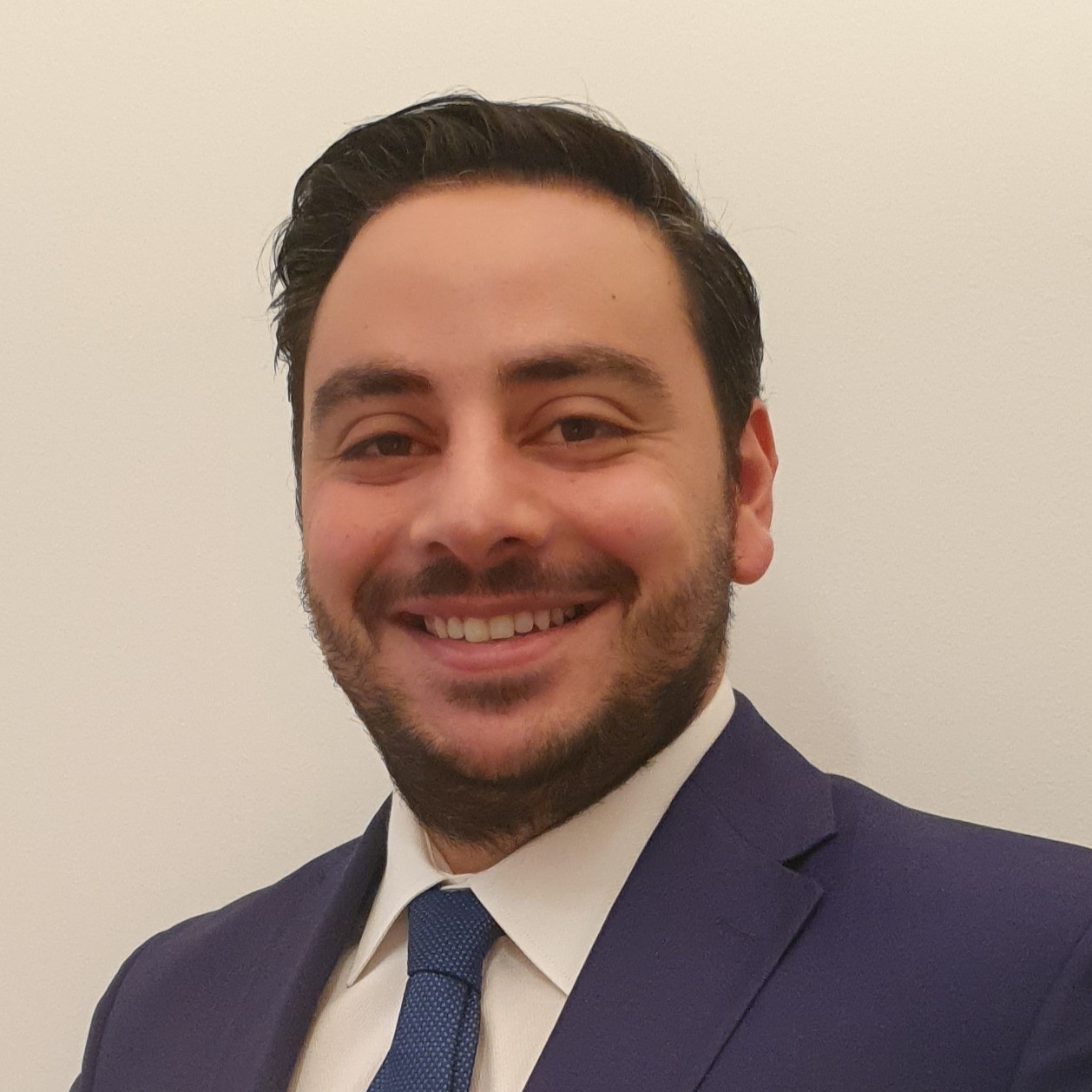 “EUREF in Berlin, Germany is a thrilling place for the future of mobility”
“EUREF in Berlin, Germany is a thrilling place for the future of mobility”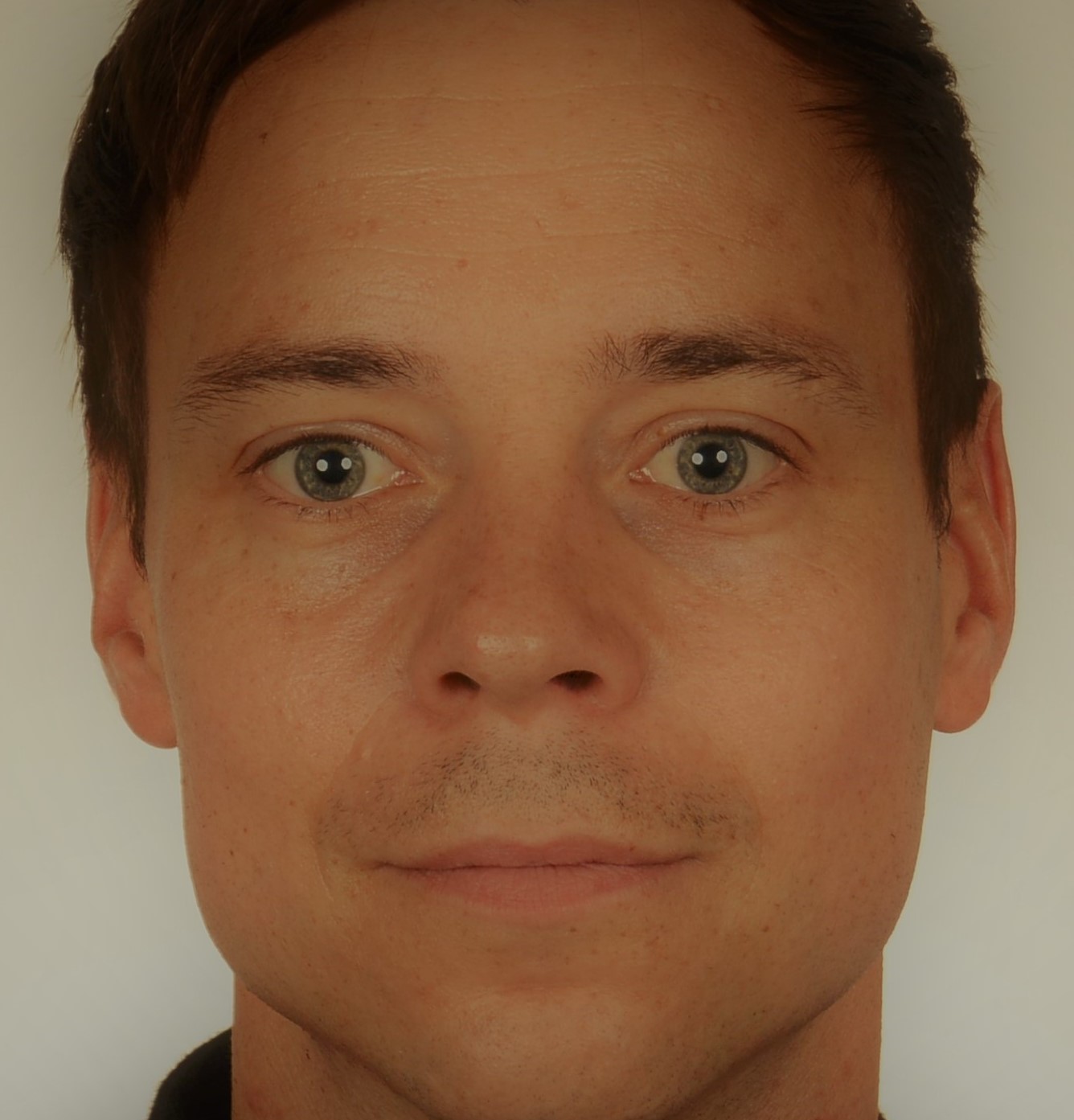 “The experiences from students from around the world helped me a lot to understand the challenges of the transition towards sustainable mobility in a global context.”
“The experiences from students from around the world helped me a lot to understand the challenges of the transition towards sustainable mobility in a global context.” “If you’re looking to understand the future of mobility and play a role in shaping the transition towards better city living, then this international program is what you’re looking for.”
“If you’re looking to understand the future of mobility and play a role in shaping the transition towards better city living, then this international program is what you’re looking for.” “A truly diverse student body – in background, nationality, and interests.”
“A truly diverse student body – in background, nationality, and interests.”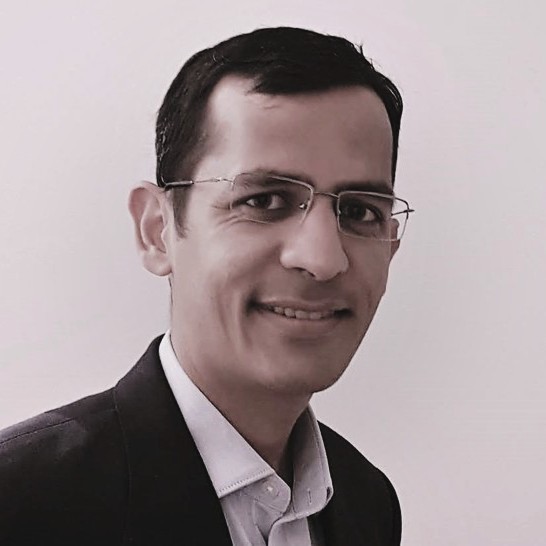 “The program puts contemporary mobility issues under spotlight through analysis of real life examples.”
“The program puts contemporary mobility issues under spotlight through analysis of real life examples.” Student Manual
Student Manual

